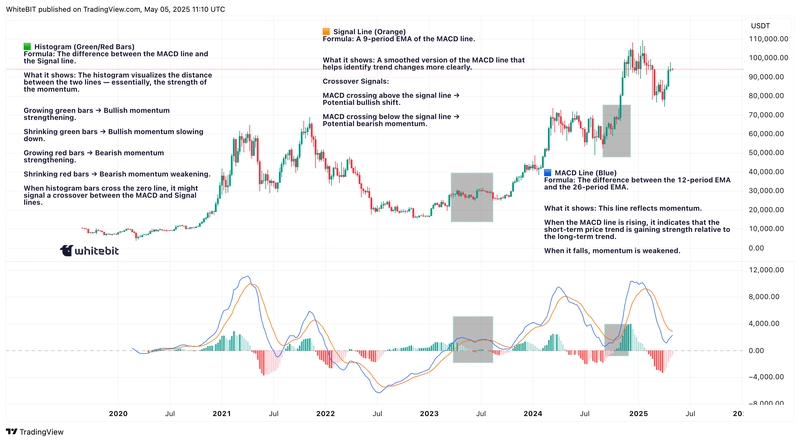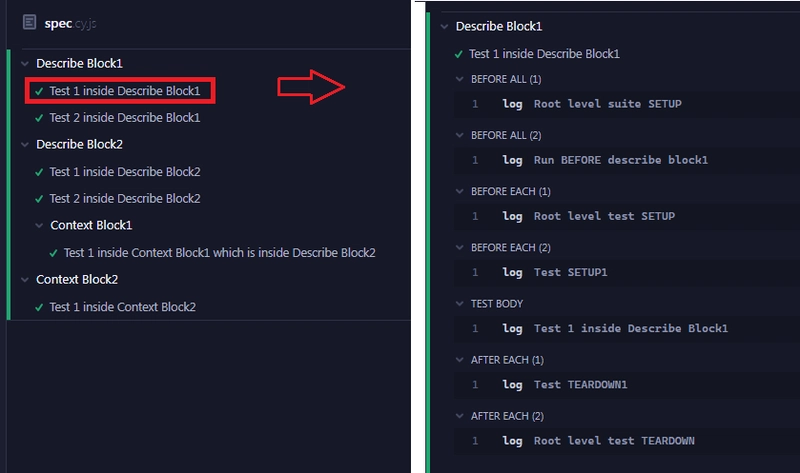Success in the crypto world is often credited to innovation, vision, or product-market fit. But from a QA engineer’s perspective, there's a less-glamorous hero behind it all: system stability, test coverage, and user trust.
WhiteBIT’s formula for success centers around creating a comfortable trading environment. For us in QA, that translates to one mission: ensuring that comfort isn't just a promise — it’s a validated, tested, and monitored reality.
🧪 Comfort Begins with Confidence — and Confidence Begins with QA
You can't call a trading environment comfortable if it:
- Lags during high-volume events
- Mishandles order execution
- Shows inconsistent data across interfaces
- Fails to detect suspicious activity
This is why QA processes are integrated into every release cycle, from infrastructure to interface.
🔐 Security Is a Feature — and QA Validates It
WhiteBIT’s commitment to security includes multiple layers: internal audits, bug bounty programs, and partnership with security firms. As QA engineers, we test this security posture under real-world and adversarial conditions.
We focus on:
- Security Regression Testing: Ensuring that a new feature doesn’t open a new vulnerability.
- Penetration Simulation Support: Working alongside ethical hackers to reproduce and verify reported issues.
- Incident Response Testing: Drills for wallet freezes, DDOS scenarios, or API floods.
Comfort comes from knowing the platform can handle the unexpected.
⚙️ Stability = Comfort = Trust
Comfort isn't just UX polish — it's the result of platform resilience.
Our QA efforts behind the scenes:
- Stress Testing: Simulate millions of users during volatile market events.
- Failover & Recovery Validation: Ensuring trading continues even if part of the system fails.
- Real-time Monitoring Dashboards: Alerting for latency spikes, chart freezes, or wallet downtime.
Users never see this — and that’s the point. We validate so they can trust.
🧰 Features? QA Tests the Whole Experience
From KYC verification to margin trading — each feature undergoes multi-layered testing:
- Functional testing: Does it work as expected?
- Usability testing: Is it user-friendly under pressure?
- Compatibility: Works the same on web, iOS, Android?
- Data validation: Are trades recorded correctly and immediately?
A feature isn’t “done” until it’s passed through the QA gauntlet.
🧠 Final Thought: Quality Assurance Is a Core Feature
Creating a comfortable trading environment isn't magic. It's method. It's iteration. It's discipline. And most of all — it's quality engineering baked into every deployment.
At the end of the day, we’re not just testing code. We’re testing user confidence.
🧪 How does your team ensure product quality in fast-moving crypto environments? Share your QA stack in the comments!


